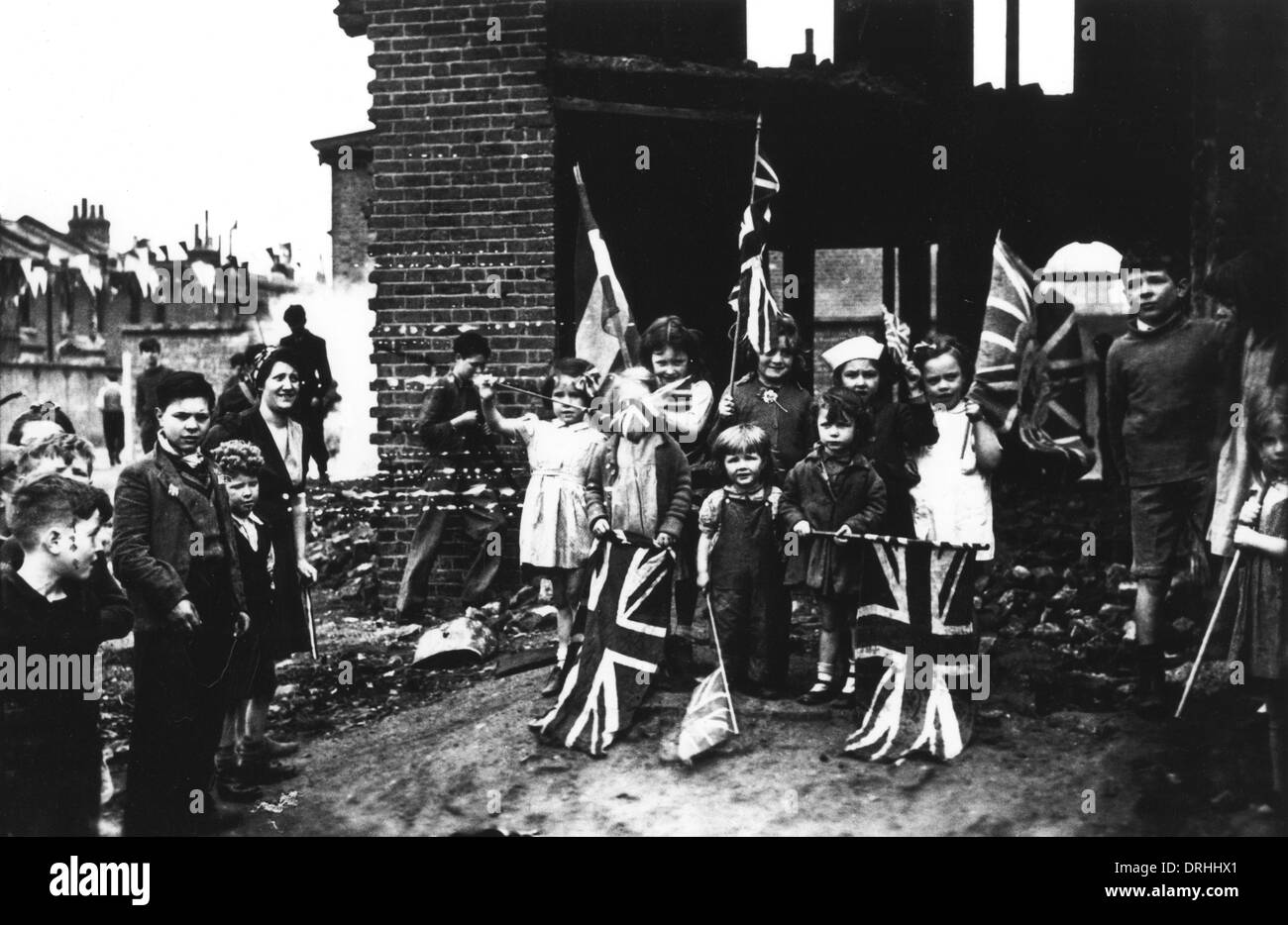



In Romania, May 9 also marks the end of the 1877 war of independence, remembered outside of the country as the Russo-Turkish war of 1877-1878. Numerous meetings, workshops, thematic panels, and plenary sessions between national and local European institutions also took place during the same event. The Conference invited Europeans to come up with ideas for tackling the many challenges that the Union faces through a multilingual participatory platform. This year, Europe Day also marks the end of the Conference on the Future of Europe, launched in Strasbourg exactly one year prior. However, as reporter Jorge Liboreiro points out for Euronews, among the countries of Europe, only Luxembourg and Kosovo - which is not part of the EU - established Europe day as a national holiday. Thirty-five years after Schuman’s initial proposal, European heads of state and government decided to commemorate the event as the Community’s - and subsequently the EU’s - birth date, “Europe Day.”įor institutions of the European Union, May 9 is also an open doors day, an occasion for citizens to visit the European Parliament and other locations. Marked by the horrors of the Second World War, Schuman specifically left the door open for other nations to join the Community and intertwine their economies with one another. The Community, meant to be a bulwark against war in Europe through the pooling of coal and steel, materials essential to making arms, was the precursor of the European Union. One year later, the signing of the Treaty of Paris turned the proposal into reality. The proposal was primarily directed at France and Germany, the largest countries on the continent and age-old rivals. On May 9, 1950, years after the end of the Second World War, French Foreign Minister Robert Schuman proposed the creation of the European Coal and Steel Community. But Romania also has its own celebration on May 9, one in which Russia also played a role.įor countries of the European Union, including Romania, May 9 is Europe Day, a celebration of the birth of the European Union, while for Russia and other former Soviet republics, the same date marks Victory Day, highlighting Russia’s defeat of Nazism. This year, the difference between the two celebrations is more striking than ever. Romania Insider journalist Radu Dumitrescu looks into the historic symbolism of May 9 - a celebration of democracy for most of Europe and a display of authoritarian power for Russia.


 0 kommentar(er)
0 kommentar(er)
